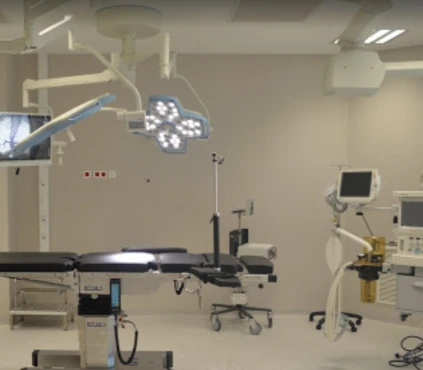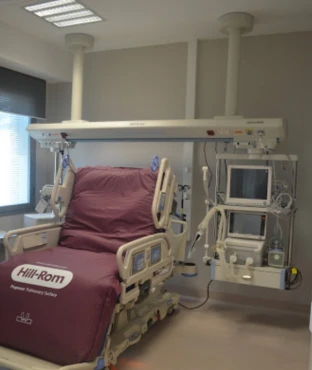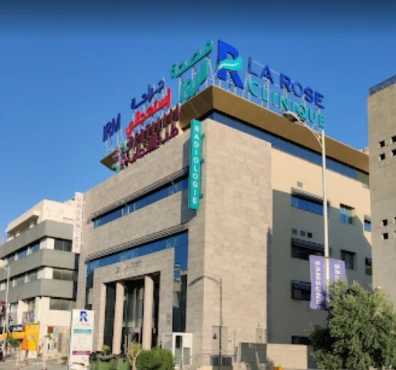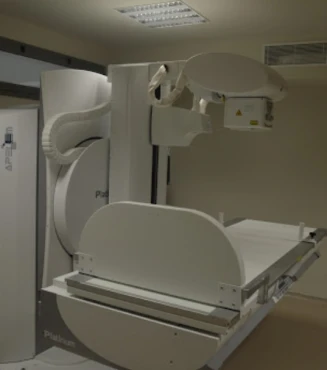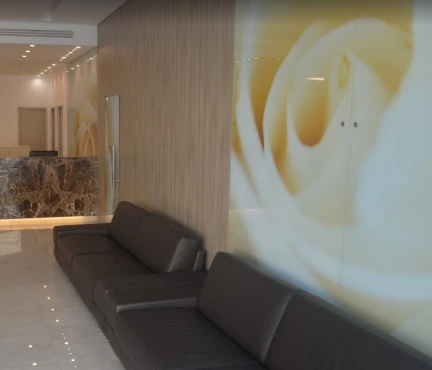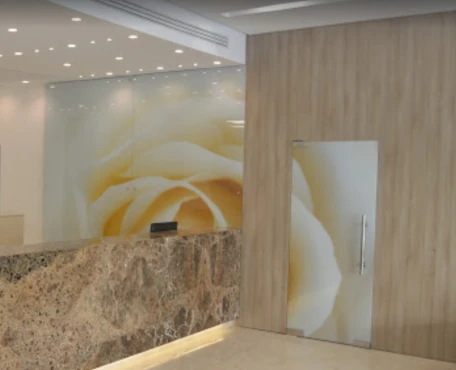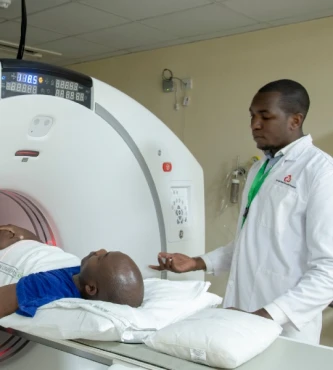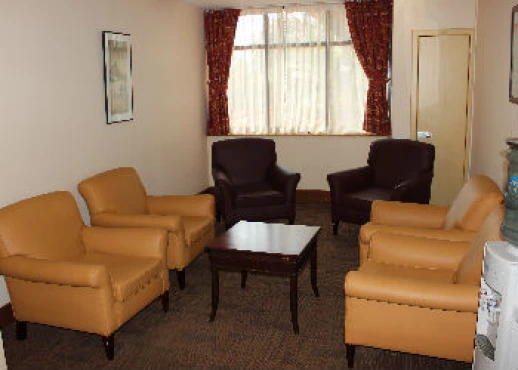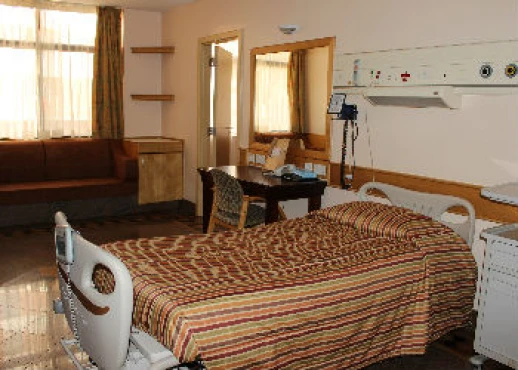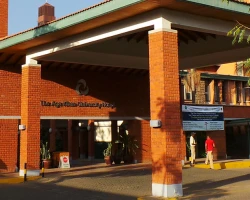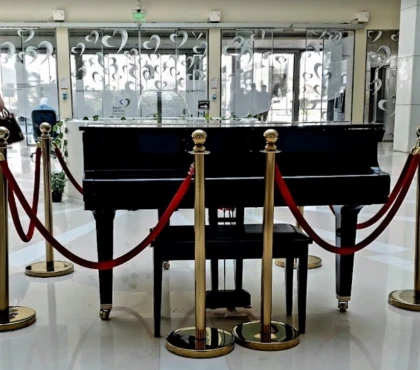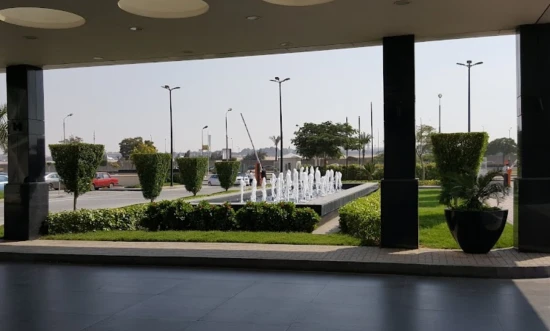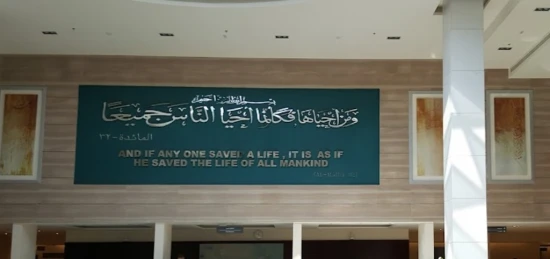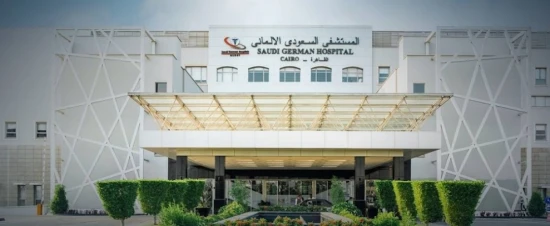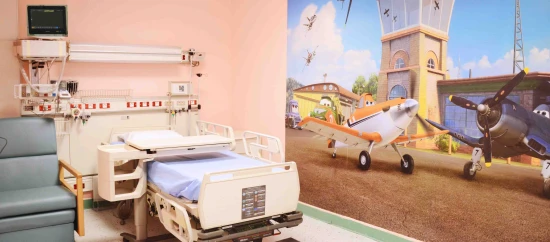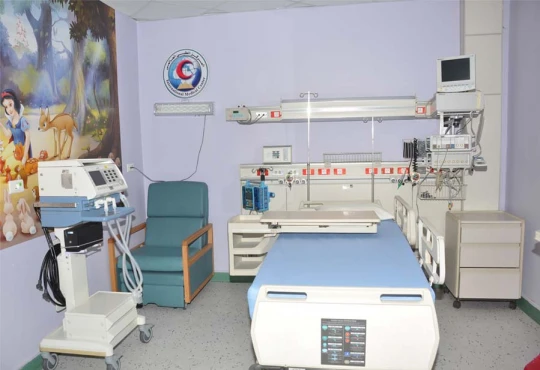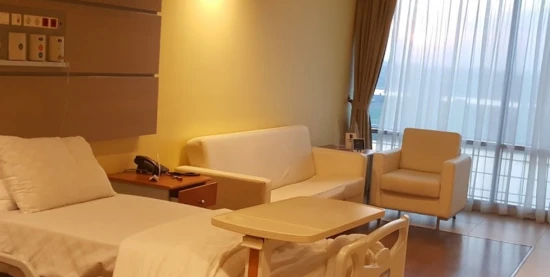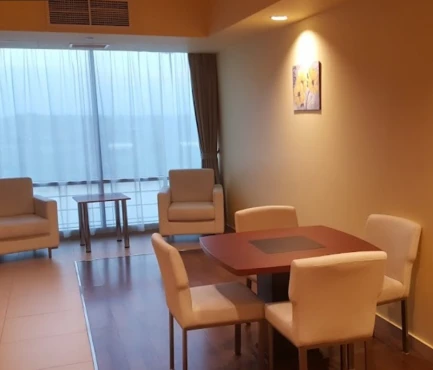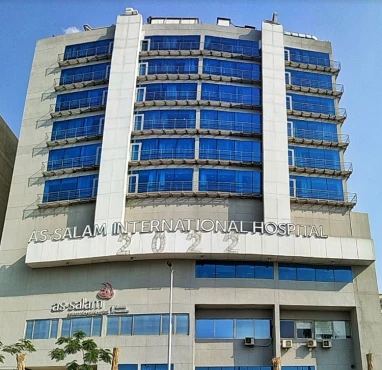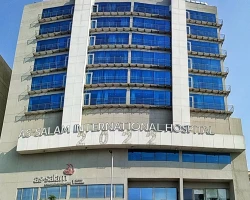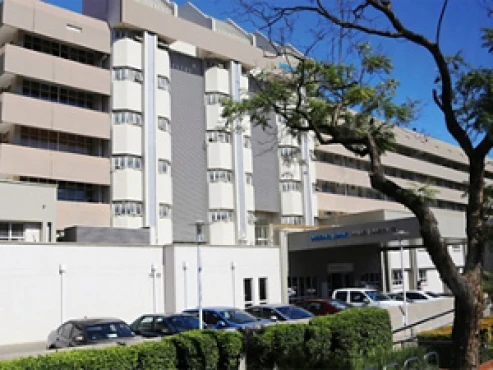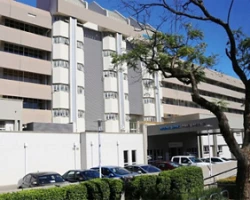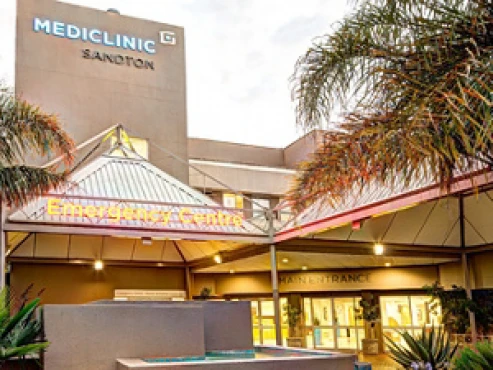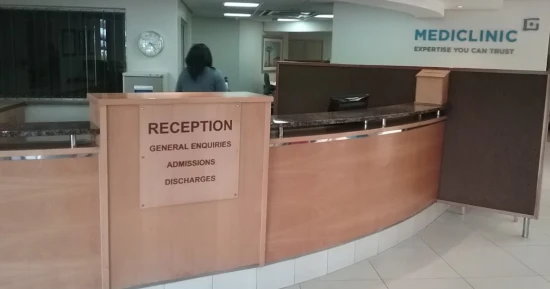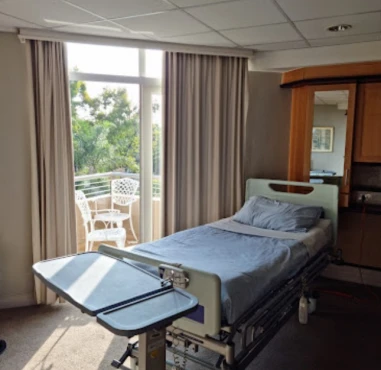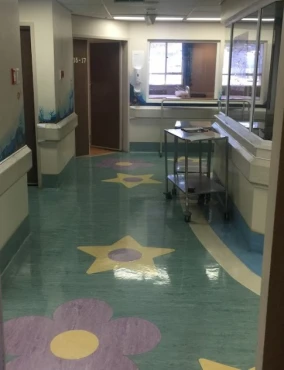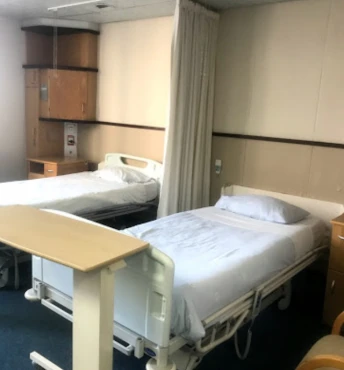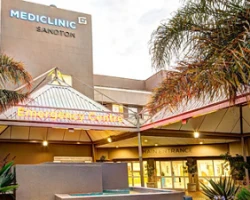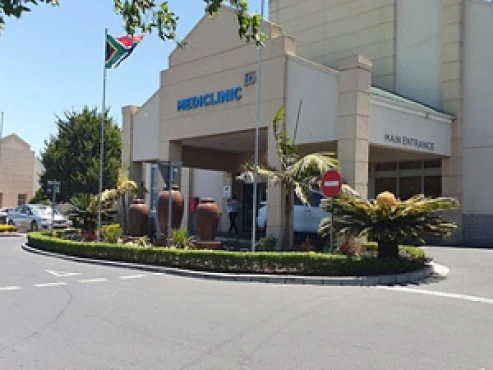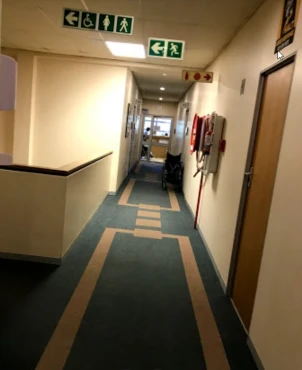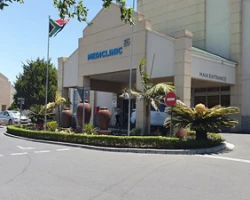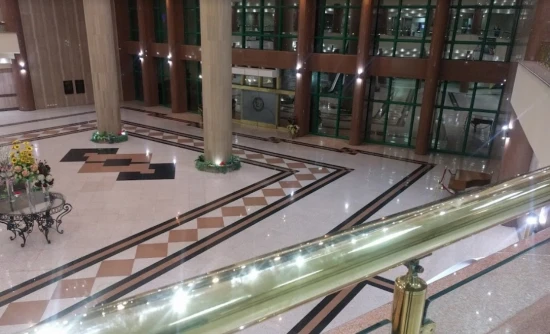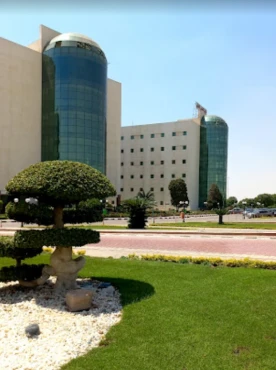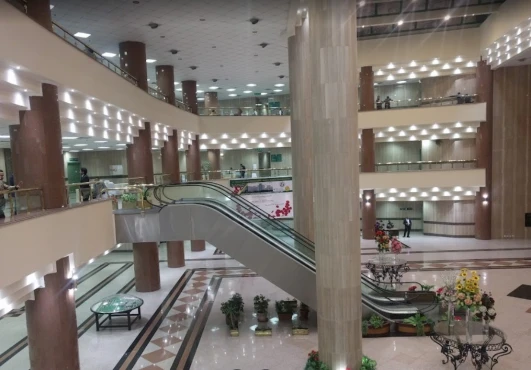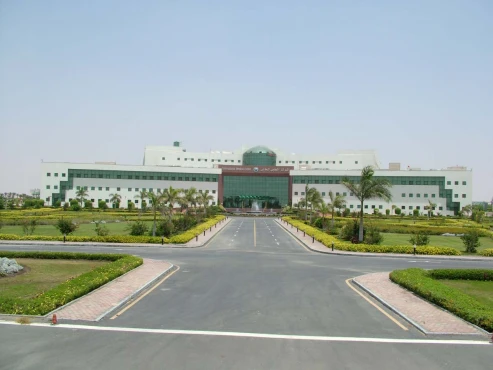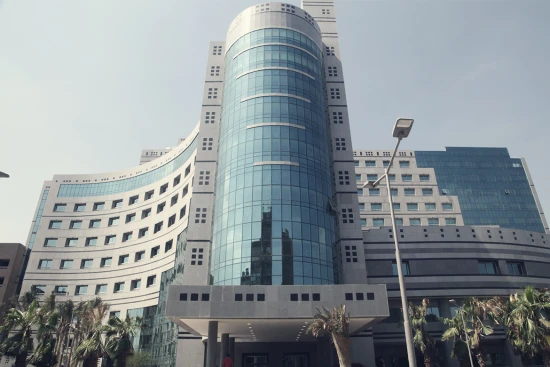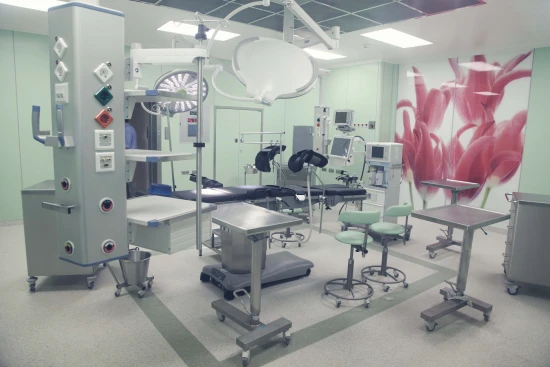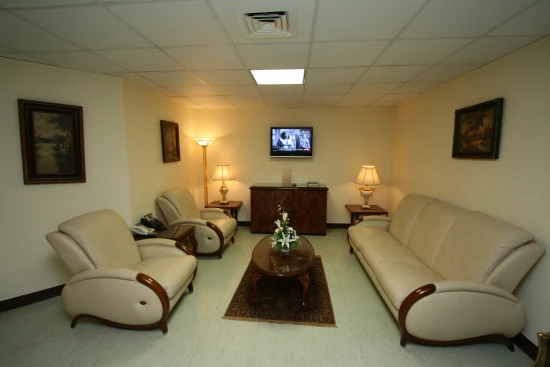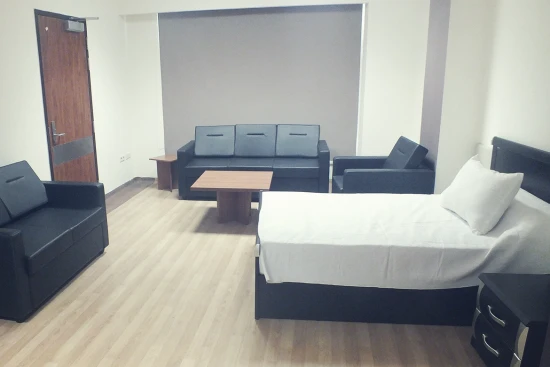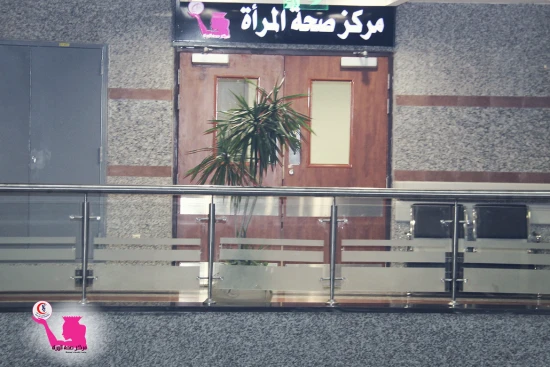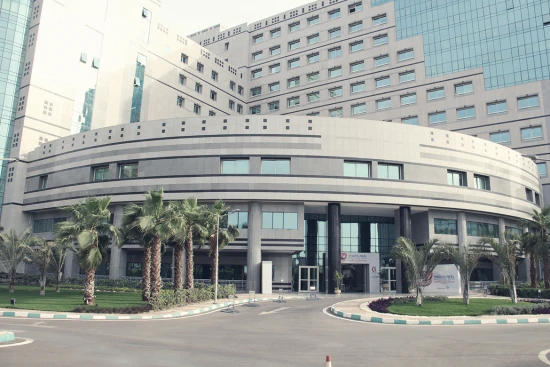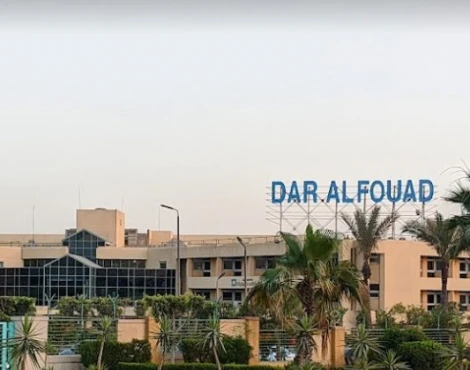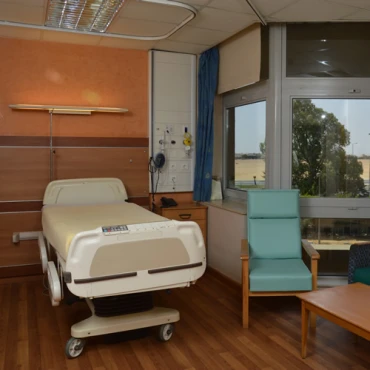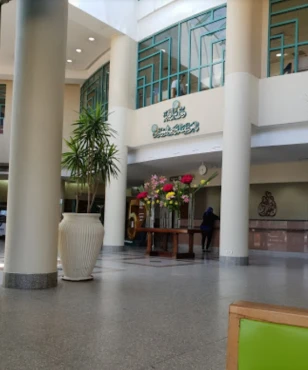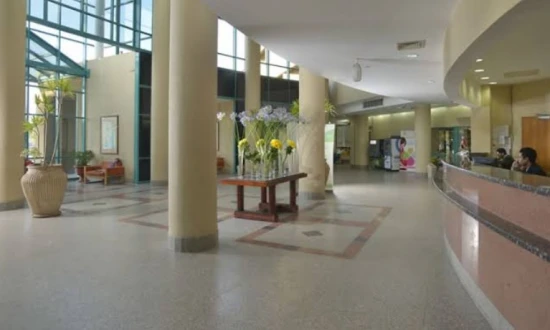Tenotomy in 4 Orthopedic surgery clinics in Africa
4 clinics specializing in Orthopedic surgery providing
Tenotomy
Tenotomy is a surgical procedure that involves cutting a tendon to relieve tension or correct a deformity. It is often used to treat conditions such as spasticity, tendonitis, and other conditions that affect tendon function.
Read more...
procedure in Africa.
Sorted by:
Relevance
Rating
Cost of procedures
Relevance
Prices for selected procedures, total:
≈ $490
Prices for popular procedures:
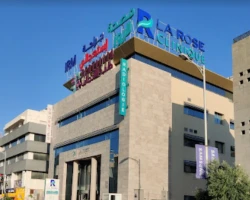
Tunis, Tunisia
Specializations: Vascular surgery, Thoracic surgery, Neurosurgery, Spine surgery, Orthopedic surgery, Oncology
Languages: Arabic, English
La Rose Clinic is the first clinic in Tunisia and Africa to sign an agreement with ACCREDITATION CANADA; the world’s leading accreditor of Francophone and
read more
Prices for selected procedures, total:
≈ $851
Prices for popular procedures:
Prices for selected procedures, total:
≈ $1,939
Prices for popular procedures:
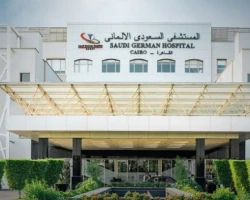
Cairo, Egypt
Specializations: Cardiac surgery, Vascular surgery, Thoracic surgery, Neurosurgery, Spine surgery, Orthopedic surgery, Oncology
Languages: English
SGH-Cairo is the first hospital of the group located in Africa; it is one of the major tertiary care hospitals in Cairo and Egypt. With
read more
Prices for selected procedures, total:
≈ $1,939
Prices for popular procedures:
Relevant clinics
Perhaps you should consider the following relevant clinics we have found basing on your Location, Procedure filters applied.
Prices for popular procedures:
Prices for popular procedures:
Prices for popular procedures:
Prices for popular procedures:
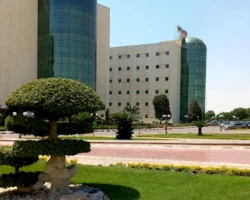
Cairo, Egypt
Specializations: Cardiac surgery, Vascular surgery, Thoracic surgery, Neurosurgery, Spine surgery, Orthopedic surgery, Oncology
We are committed to maintaining and improving the quality of healthcare provided to each patient, and to treating all individuals with Dignity and Respect. We
read more
Prices for popular procedures:
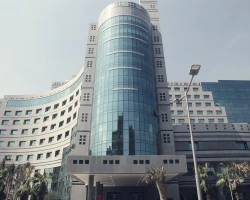
Cairo, Egypt
Specializations: Cardiac surgery, Vascular surgery, Thoracic surgery, Neurosurgery, Spine surgery, Orthopedic surgery, Oncology
Languages: Arabic
The hospital was founded on 1993 as Outpatient's clinics to offer Premium Diagnosis & Therapy, The Inpatient services and Wards was opened in 1997
read more
Prices for popular procedures:

Giza, Egypt
Specializations: Cardiac surgery, Vascular surgery, Thoracic surgery, Neurosurgery, Spine surgery, Orthopedic surgery, Oncology
Languages: Arabic, English
We strive to be recognized as one of the leading quality and safest health care providers in Egypt, Africa and the Middle East. Dar Al
read more
Procedure price distribution in Africa
Tenotomy:
$489
This price found at
Clinique La Rose
in Tunisia, Tunis
$1,952
This price found at
Saudi German Hospital Cairo
in Egypt, Cairo
Minimum Average Maximum
Procedure prices in popular countries:
Tenotomy:
Turkey
$1,442 - 1,442
in
23 clinics
China
$4,582 - 4,666
in
5 clinics
Germany
$4,897 - 4,897
in
35 clinics
Israel
$6,362 - 6,372
in
8 clinics
United States
$7,282 - 7,282
in
12 clinics
Countries with the highest number of clinics offering the procedures treatment:
Tenotomy:
worldwide
585 clinics
Brazil
43 clinics
Germany
35 clinics
Colombia
33 clinics
United Kingdom
33 clinics
Mexico
25 clinics
Clinics grouping by rating
Clinic with the highest rating of 4.6 — As-Salam International Hospital in Cairo, Egypt, clinic with the most reviews number of 6198 — As-Salam International Hospital in Cairo, Egypt.
With rating 4.0 and over — 2 clinics .
